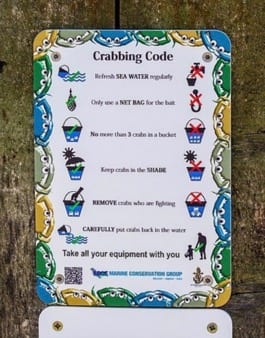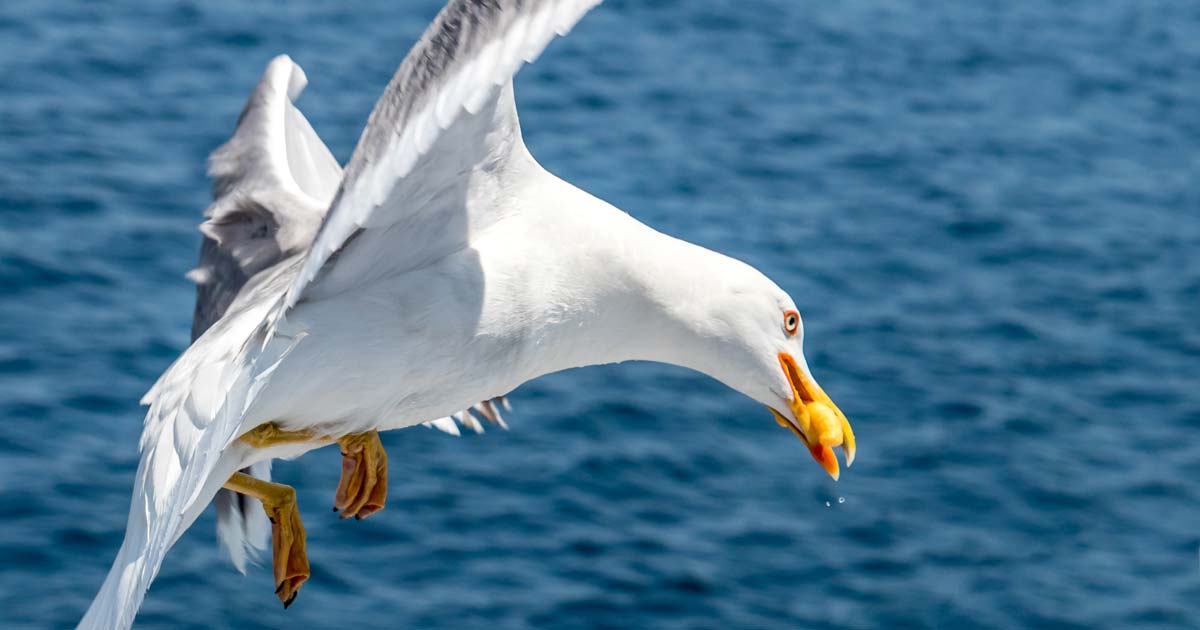Warm weather and cool breezes mean living by the beach in summer can be a lot of fun. However, there is always an animal welfare situation to consider, and it’s not just about overheating pooches on the beach.
A video of a child harassing a seal was shared online recently. Thankfully, many of the comments were about the danger of allowing this activity, but maybe some further knowledge about seal activities might help.
The deal with seals
It’s very common for seals to be lying on the beach; while they are clearly more at home in the sea, they spend around a third of their time on land. This allows them time to rest and digest food. It also offers somewhere safe(!) for pups to stay while their parents hunt for food.
We are lucky in the UK that many areas have grey and common seals with both winter and summer breeding seasons, so you can see a lot of cute baby seals. However, just because they’re on the beach doesn’t mean they want human (or canine) interaction – they want to rest.
Keep humans and dogs away from seals on land, and if worried, you can report to the British Divers Marine Life Rescue online or by telephoning 01825 765546.
The gall of some gulls
While cute seals appeal to many people, most of us are in a love-hate relationship with seagulls. Every year, images of chip-snatching and ice cream-stealing gulls grace the press and discussions over culls abound in many seaside towns.
Gulls also pose an issue for our perception of welfare due to their parental techniques. When teaching young gulls to fly, they tend to leave the adolescent birds on the ground with plenty of space around them, while both parents fly overhead calling out to encourage the baby gull to join them.
Apparently it works as most gulls learn to fly, but in the training period its common for well-meaning people to perceive the teaching technique as an attack and swoop in themselves to “save” the baby gull.
Unfortunately, once removed, the baby gull wont be accepted back by the parents, therefore risking its life as a bird that does still need parental care. For the best welfare, people should observe from a distance and call the RSPCA or their vet to ask for advice. A telephone call is much easier to handle than an annoyed baby gull.
Crabs

Crabbing is a beloved beach pastime, and as crabs are pretty hardy, surely it’s not much of a welfare issue?
Well, crabs are pretty hardy, but they’re also quite territorial, violent and a touch cannibalistic – great for their role as the crustaceans that keep our seas clean, but not so great when three or more are in a small bucket.
In such circumstances, the sea water quickly runs out of oxygen, the crabs can overheat quickly, and they do like a fight. Basically, the inside of a crabbing bucket can quickly become the decapod equivalent of a Friday night at pub closing time.
Luckily, some nice guidelines exist to help improve their chances of being returned to the sea to continue their good work.
Sharing information
If you have a clinic near the coast, or near a seagull (that’s all of us!), it may be worth sharing some of this info with clients and reduce welfare risks our wildlife faces as we flock to the beach for these few hot days each year.
One less gull at work is well worth the time to educate others.

Leave a Reply